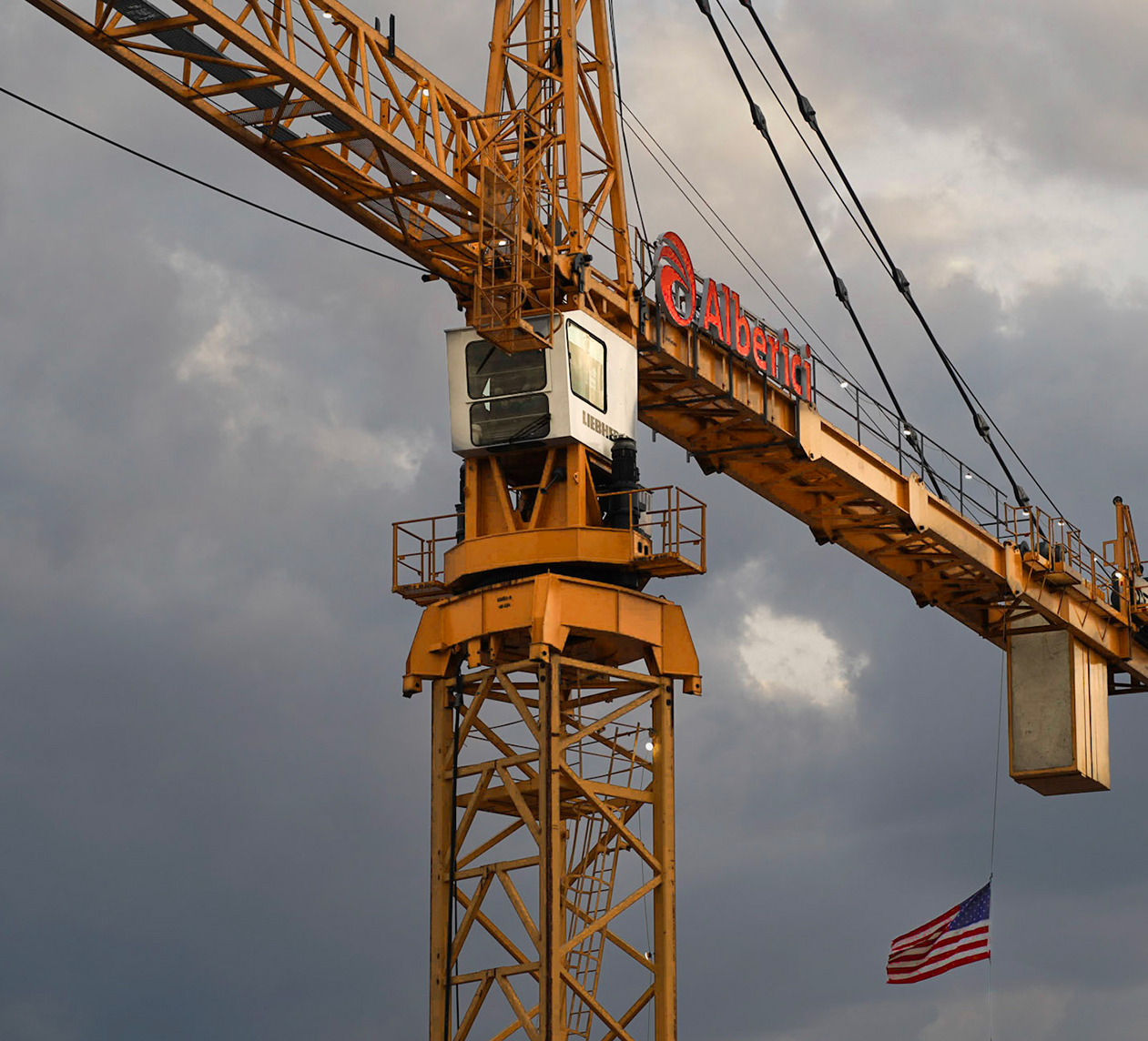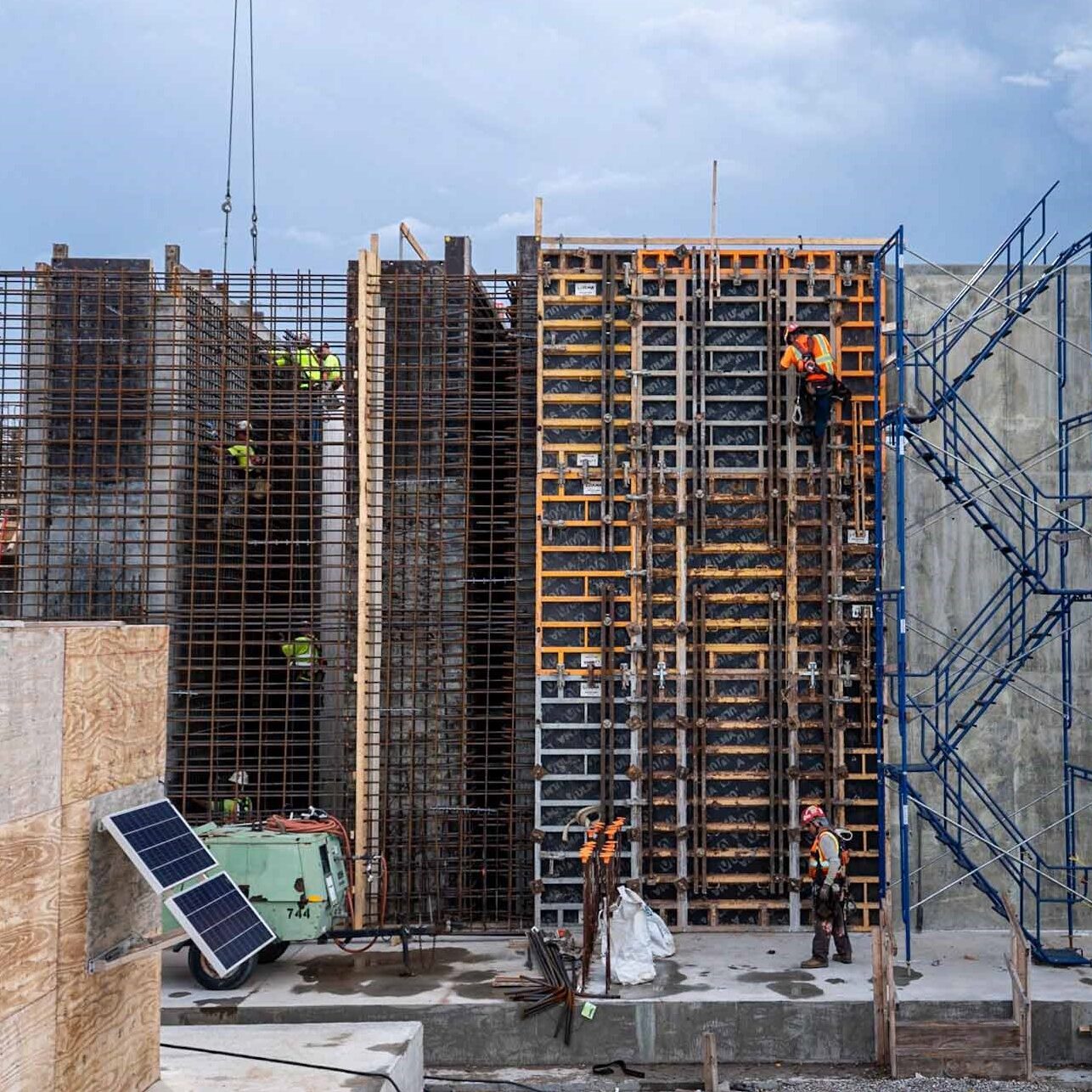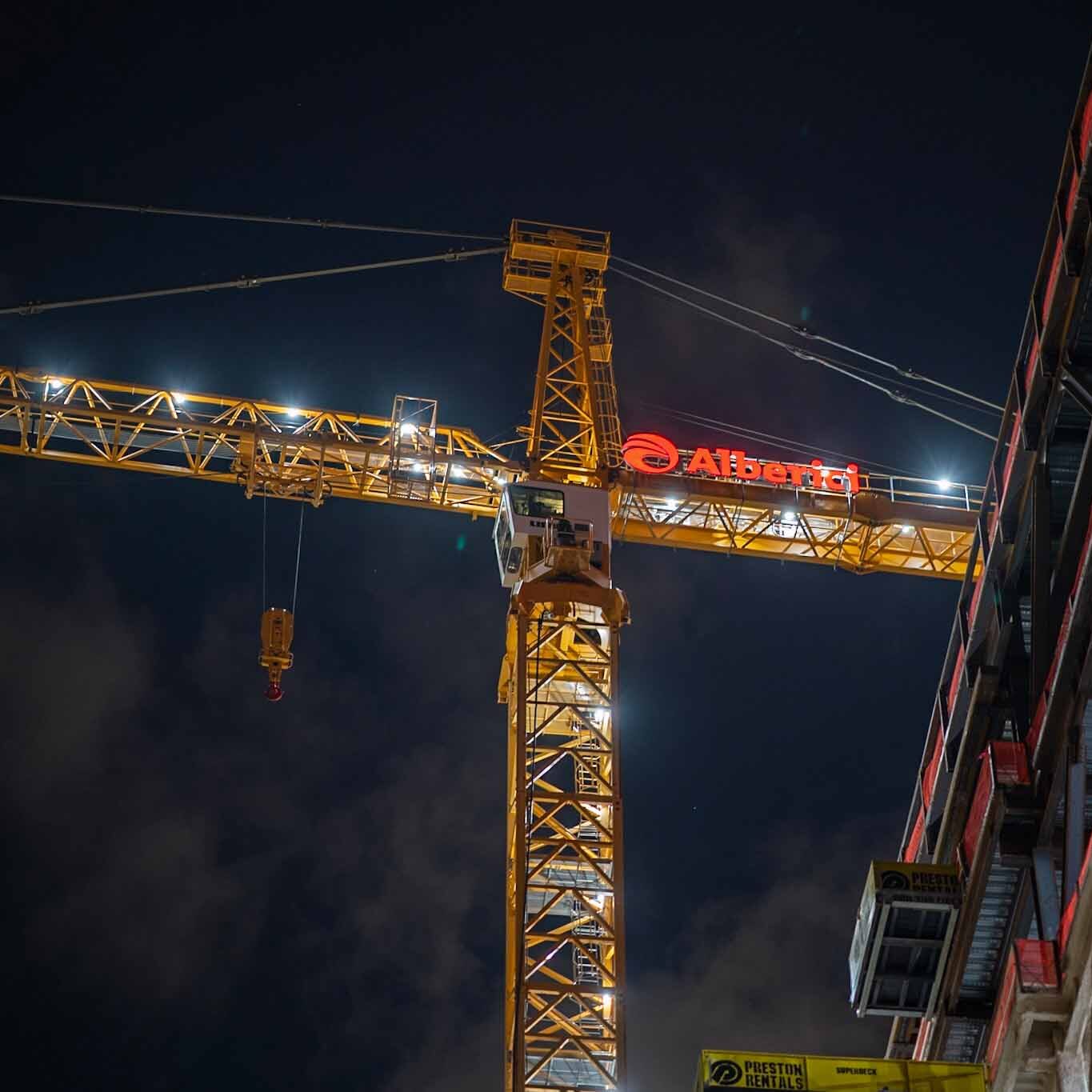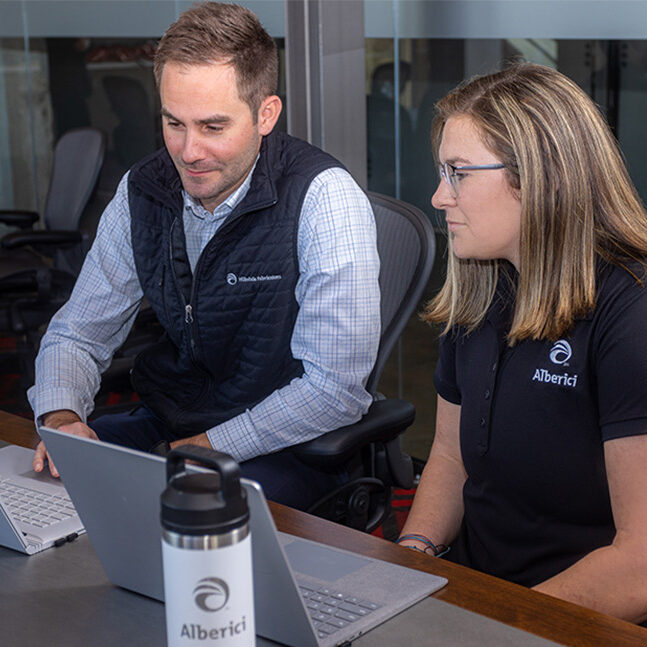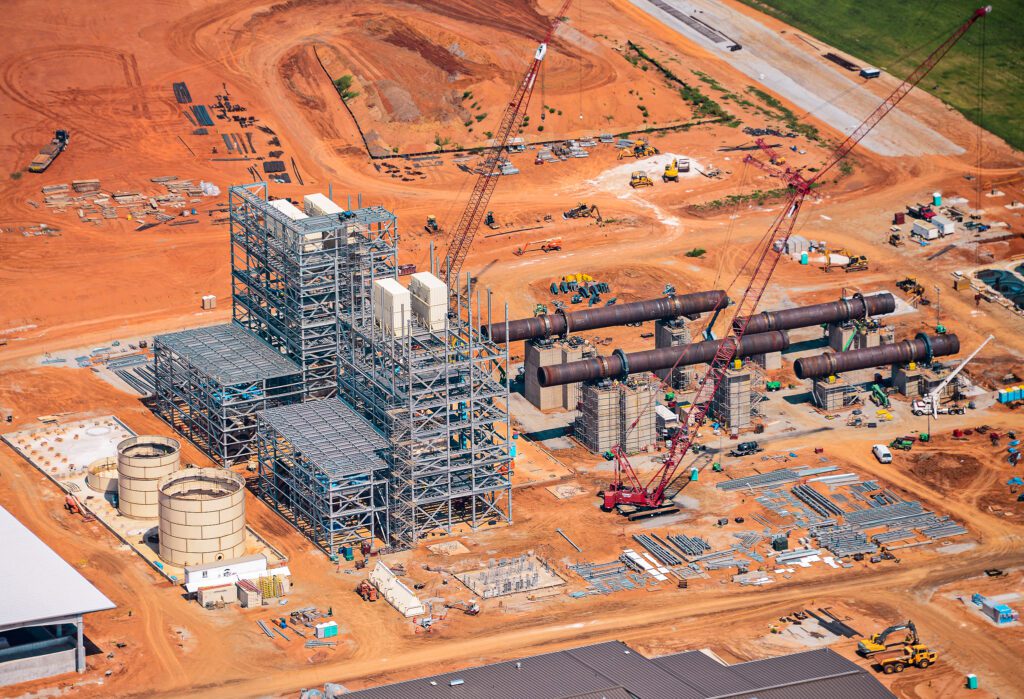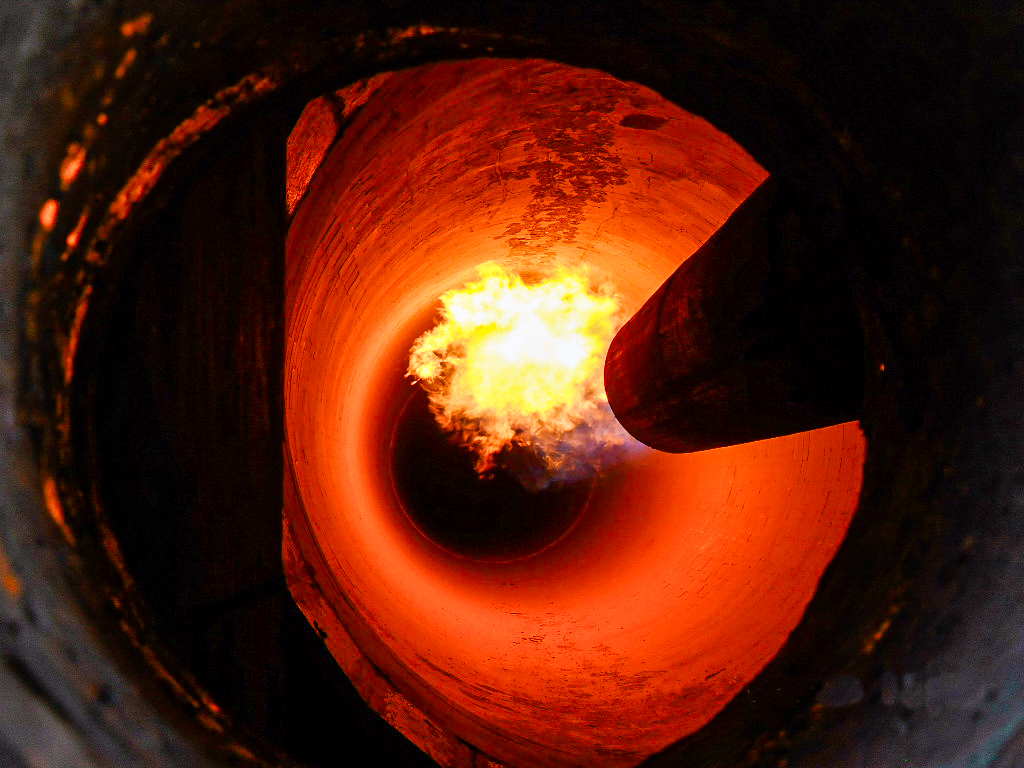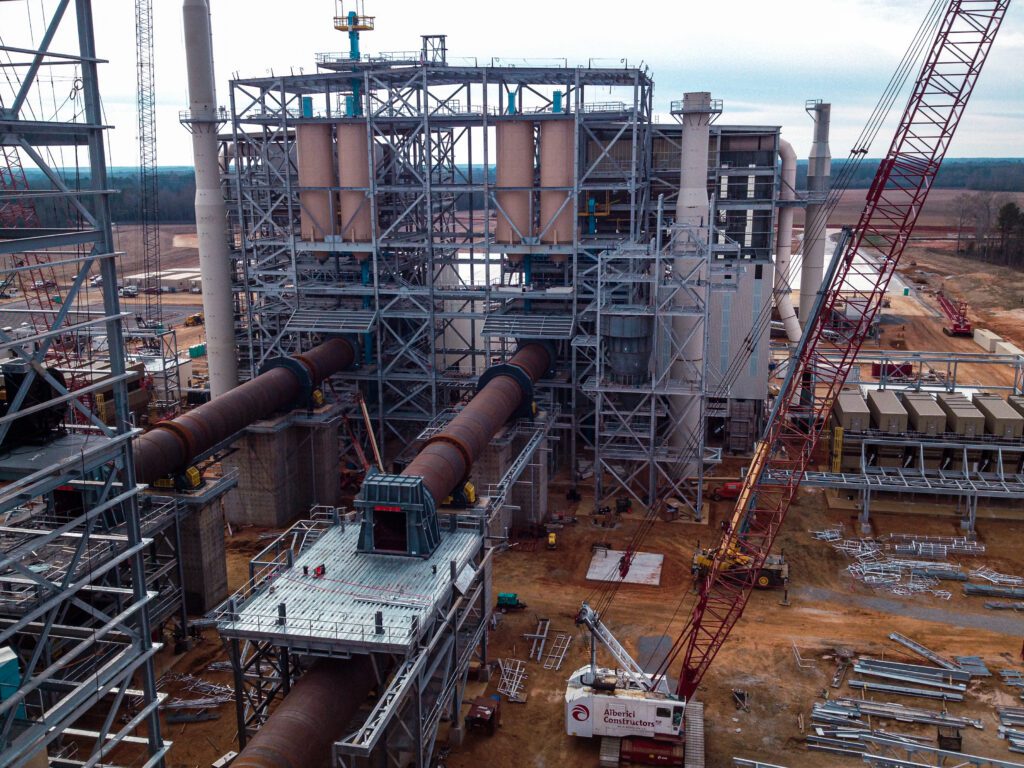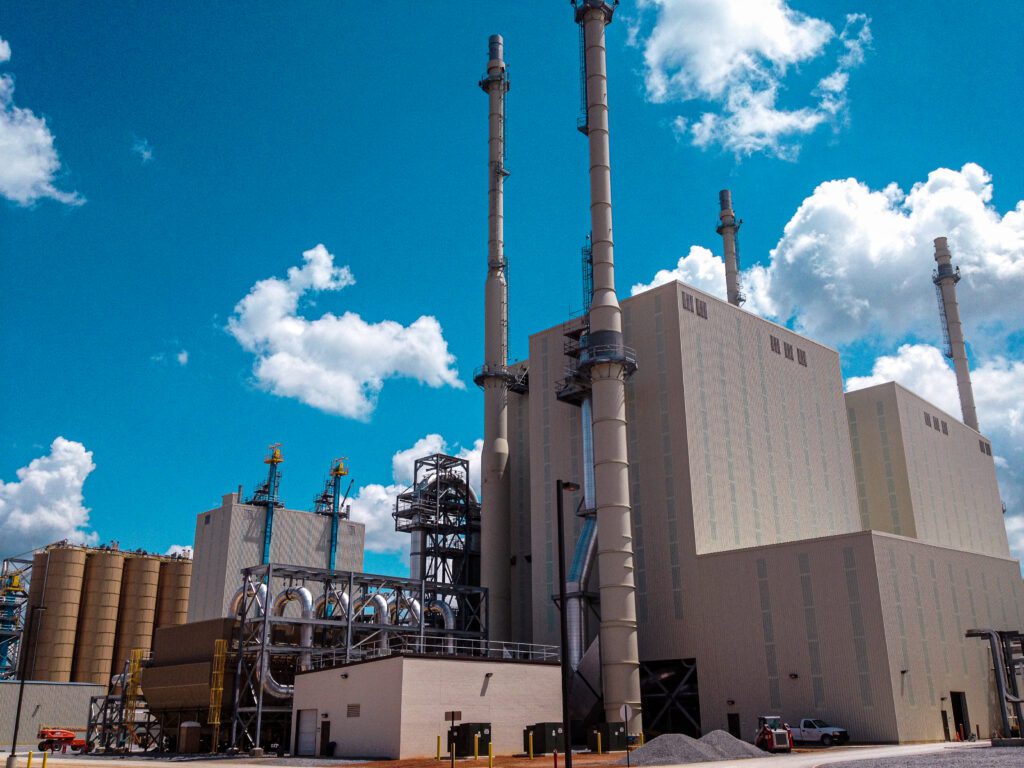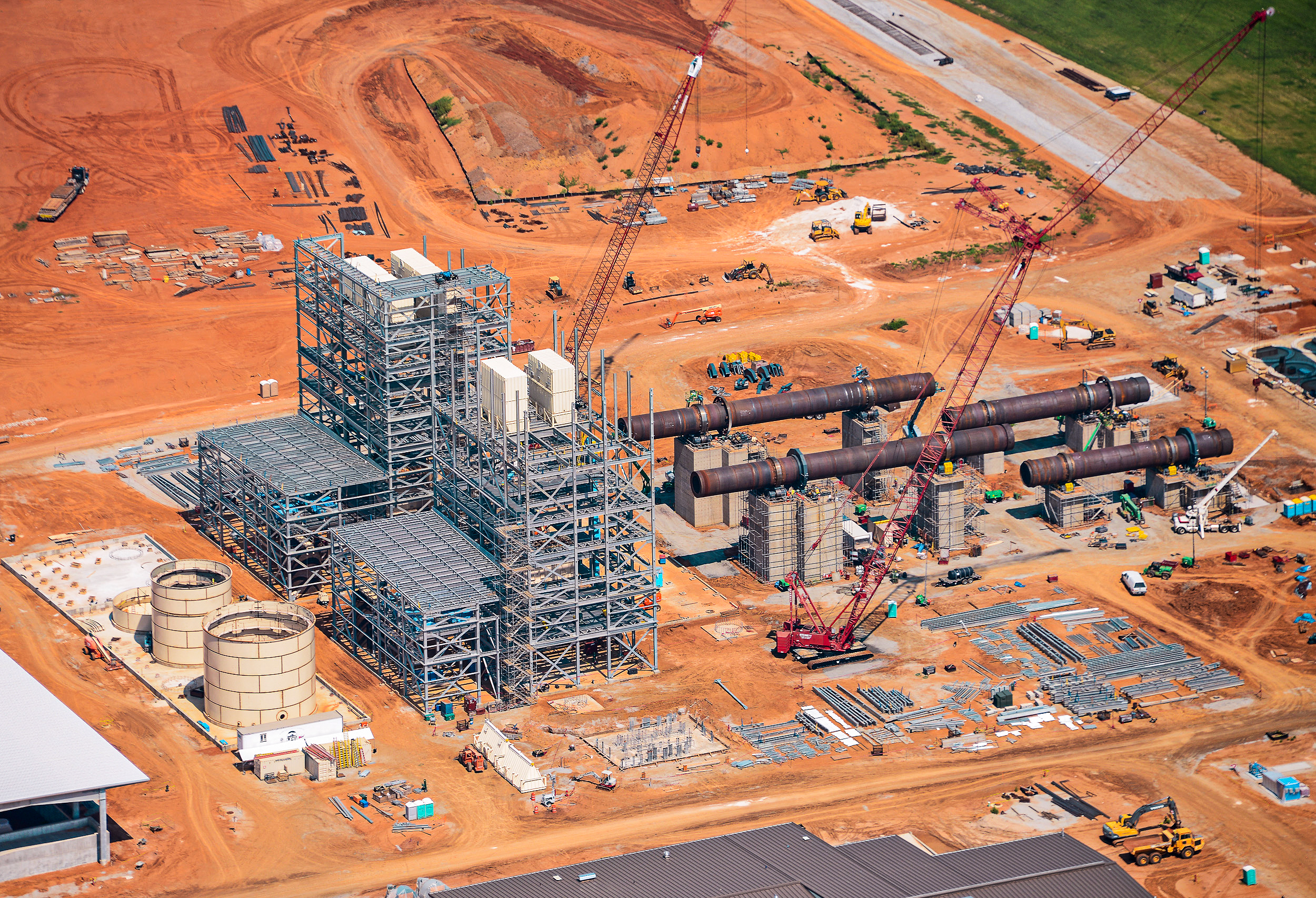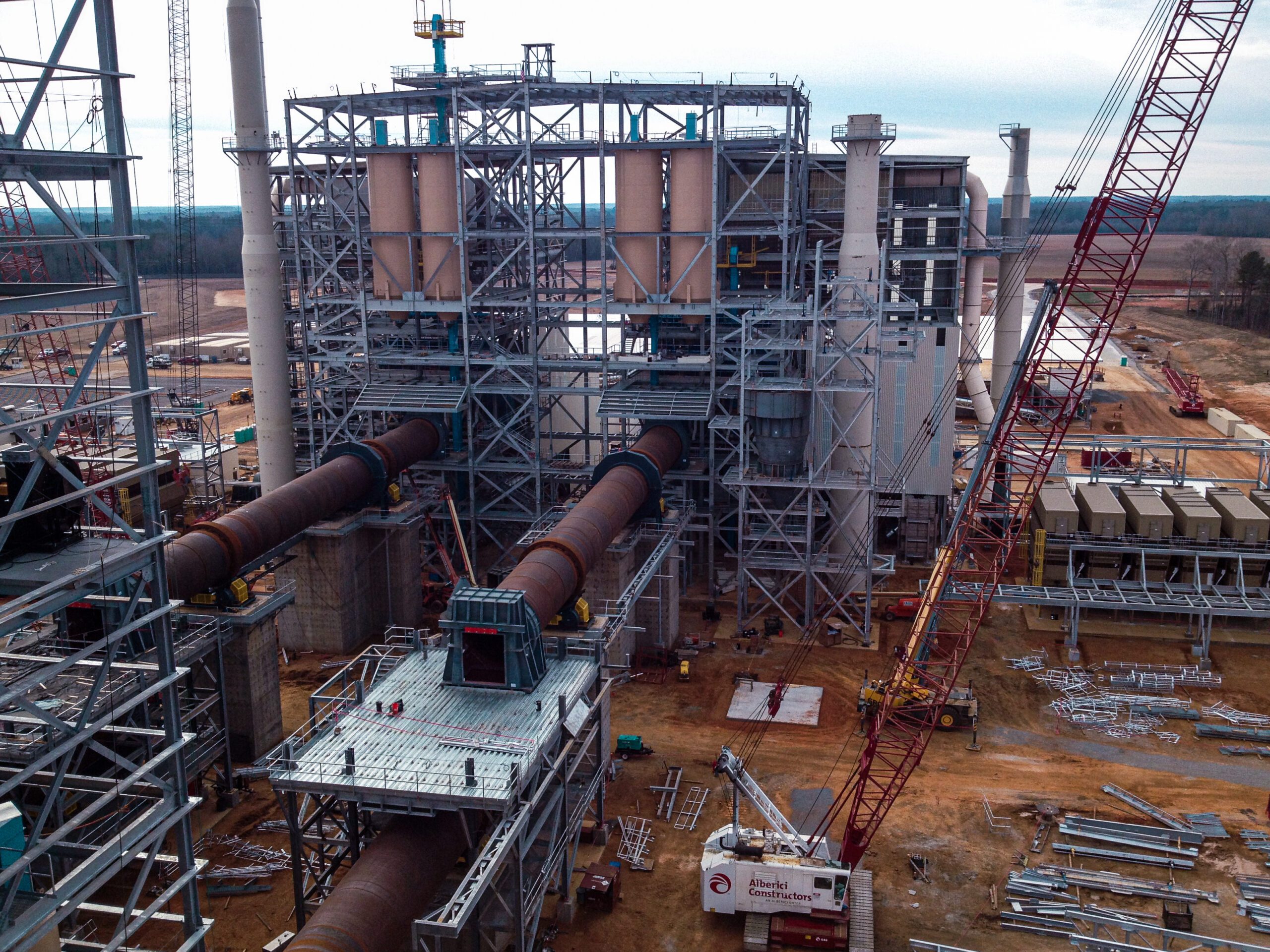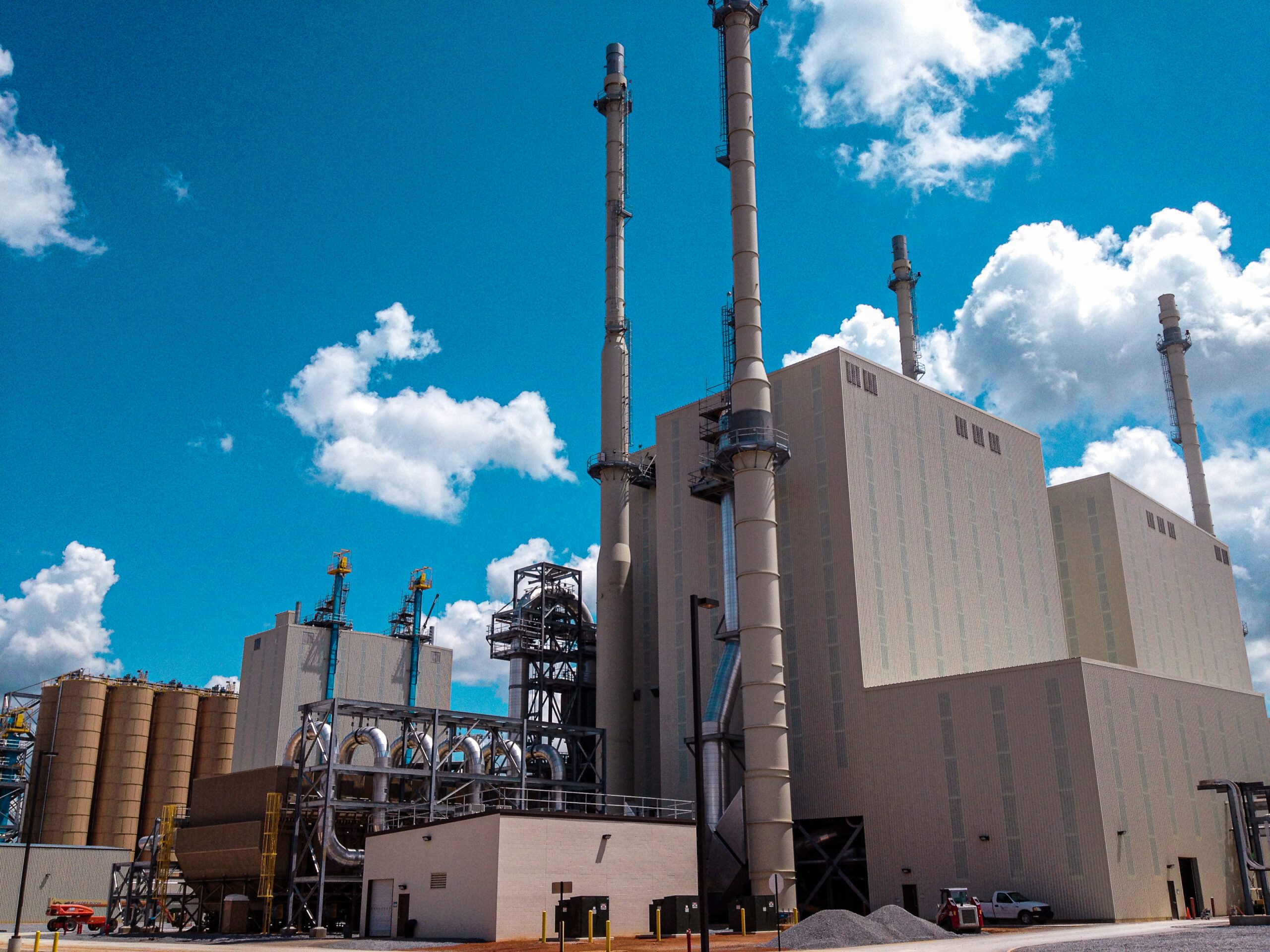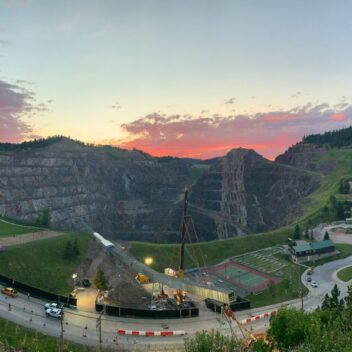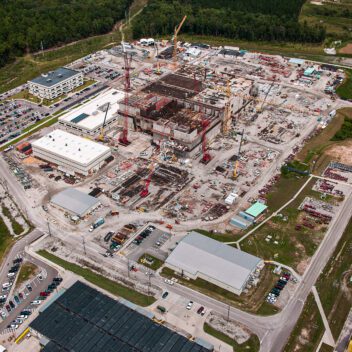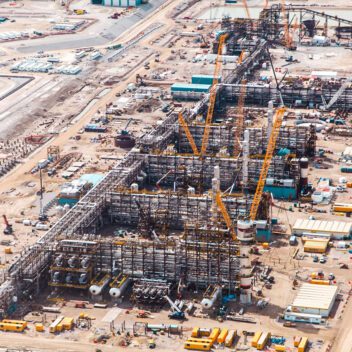Helping a start-up win the race to market
Market
Heavy Industrial
Industrial Process
Key Services
Construction
Preconstruction
Self-Perform
Strategic Partnerships
Delivery Method
Engineer-Procure-ConstructCapacity
118,600 SFThe challenge
Constructing a cutting-edge ceramic proppant production facility posed several challenges. The project demanded innovative engineering to create an efficient process for manufacturing high-quality ceramic beads, essential for hydraulic fracturing in the oil and gas industry. Managing a vast range of equipment and complex systems required careful synchronization, especially given the project’s Engineer-Procure-Construct (EPC) contract and aggressive schedule. Ensuring safety compliance under Mine Safety and Health Administration (MSHA) regulations while coordinating a peak on-site labor force of 450 added another layer of complexity to the endeavor.
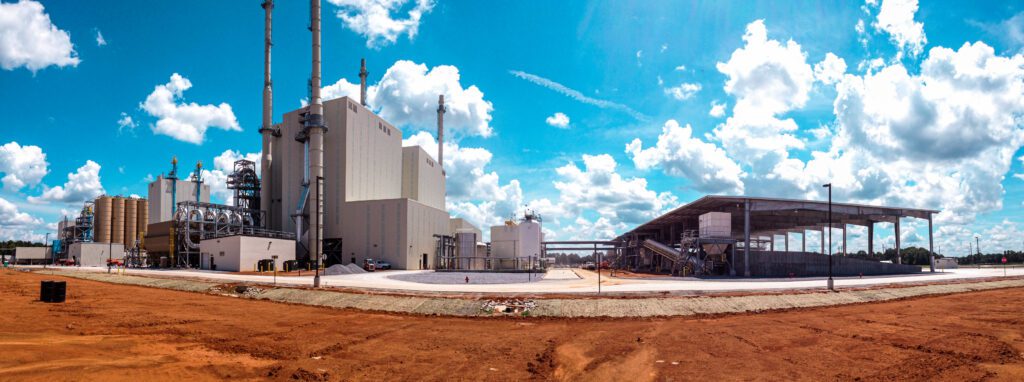
Key Facts
500 million pounds-per-year capacity
118,600 SF under-roof production capacity
4,500 tons of structural steel
Challenge met
Alberici coordinated with SSOE/Clark Nexsen to act as a single entity for design, procurement, and construction — streamlining communication and decision-making. Extensive preconstruction services, including environmental permitting and value analysis, helped meet an accelerated schedule. By identifying early bid packages and leveraging design-assist subcontractors, Alberici facilitated a fast-track schedule, while strict adherence to MSHA guidelines maintained safety throughout the project’s 1 million workhours. The result was the successful delivery of a technologically advanced facility capable of producing 500 million pounds of ceramic proppant annually, showcasing Alberici’s proficiency in complex, innovative industrial projects.
